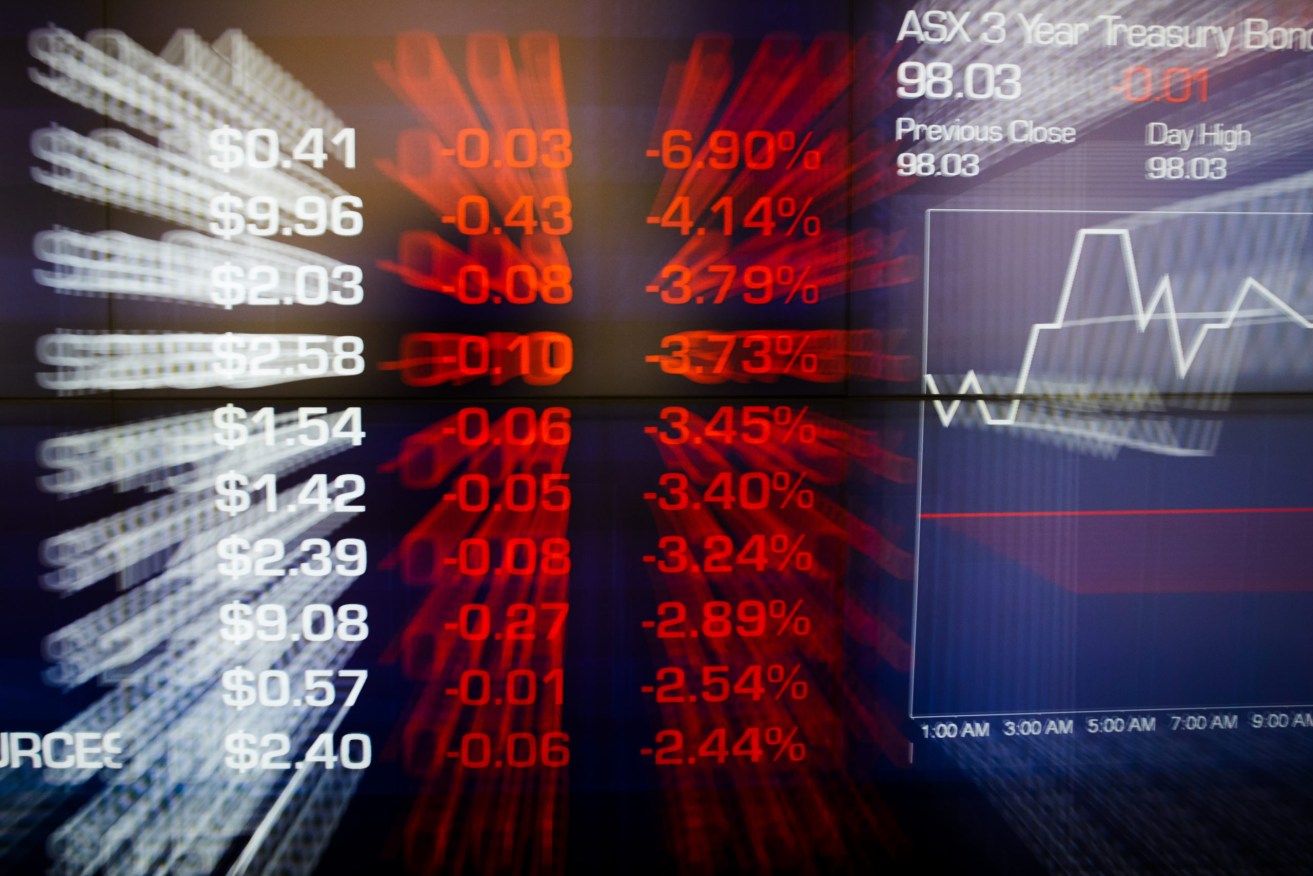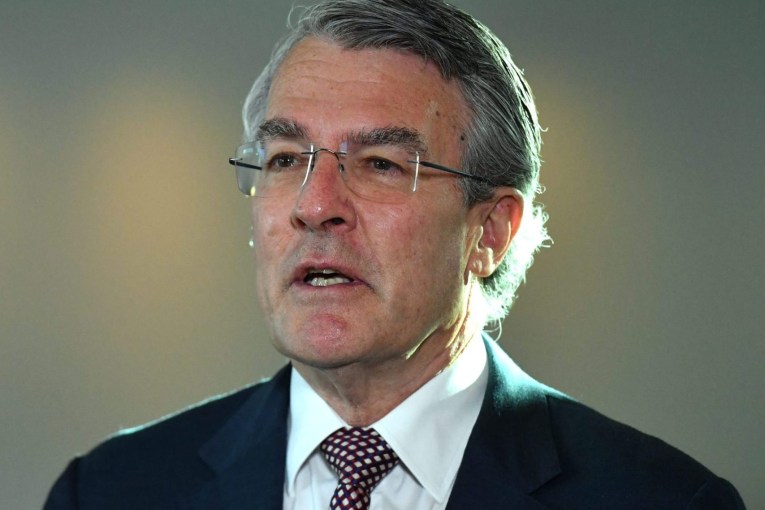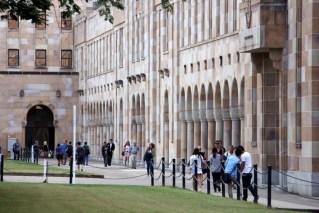Markets in freefall as pandemic fears take hold
Australian stocks have plunged after fears the coronavirus outbreak could become a pandemic sparked a major sell-off on global markets.

The ASX 200 has plunged on global inflation concerns (Photo: AAP Image/Erik Anderson)
The S&P/ASX200 index fell more than 2.5 per cent as trade began on Tuesday but by midday had recovered a little after media reports of a potential coronavirus vaccine to be trialled on people.
Treasurer Josh Frydenberg said the economic impact of the coronavirus would be greater and broader than resulted from the bushfires, but there was still “considerable uncertainty” around its extent. He would not be drawn on the fate of the promised budget surplus.
The benchmark S&P/ASX200 was down 101.4 points, or 1.45 per cent, at 6,876.9 at noon AEDT while the broader All Ordinaries index was down 104.5 points, or 1.48 per cent, at 6960.9
It is the second day of a sea of red on the local bourse, which suffered losses across the board on Monday, with $60 billion in value wiped out in its worst day in six months.
The oil price tumbled nearly 4.0 per cent overnight and global equity markets sank as investors rushed to park their money in gold, the go-to metal in times of financial concern.
But gold stocks were being sold off on the Australian Securities Exchange on Tuesday at midday.
Newcrest was down 95 cents, or 3.15 per cent, at $29.22, Northern Star lost 53 cents, or 3.64 per cent, to $14.43 and Evolution Mining fell 19 cents, or 4.17 per cent, to $4.37.
Oil and gas producers took a slide, with Oil Search easing 14.5 cents, or 2.36 per cent, at $6.01 and Santos losing 17 cents, or 2.22 per cent, to $7.49.
All the big banks and insurers lower. Commonwealth Bank was down $1.12 at $86.87 while National Australia Bank dropped 50 cents, or 1.84 per cent, to $26.61.
Pepperstone’s head of research Chris Weston had earlier remarked “it takes a brave soul to be buying these markets”.
Companies in the news on Tuesday included vitamins maker Blackmores, which fell 1.61 per cent to $68.60 after saying the coronavirus and red tape in China were affected results.
Ardent Leisure plummeted 6.78 per cent to $1.10 after a dive on Monday following an inquest into four deaths at Dreamworld found the owners could be fined $3 million if prosecuted.
Caltex Australia lost 35.5 cents to $34.115 after it cut its final payout following weak retail margins, soft economic conditions and unplanned outages at its Lytton refinery.
Investment and superannuation platform HUB24 upped its interim payout after a profit hike of almost 90 per cent but its shares were beaten down too. HUB24 fell 30 cents, or 2.81 per cent, to $10.37.
Fears about the extent of the spread of COVID-19 in South Korea, Iran and Europe, and numerous other countries, drove global markets down on Monday.
“I think there was a bit of a reality check yesterday and over the weekend for markets when it became clear that the coronavirus had spread outside China,” Fiona Clark from Merricks Capital told ABC News.
“The fact that this is real, this is having an impact on earnings, we’re seeing companies reporting and talking about a real impact on earnings. Even companies that aren’t reporting, we’re seeing evidence of supply issues.”
World Health Organisation chief Tedros Adhanom Ghebreyesus said the spread was deeply concerning but it was not yet a pandemic.
For now, it was not an uncontained global spread with large-scale severe disease or deaths, he said.
“Does this virus have pandemic potential? Absolutely, it has. Are we there yet? From our assessment, not yet”, he said on Monday.
CMC Markets and Stockbroking chief market strategist Michael McCarthy said share markets had finally moved into line with other markets after many were at record highs despite warning signs.
The disruption to supply chains if countries closed borders to contain outbreaks could see global trade grind to a halt, Mr McCarthy said.
Shane Oliver, AMP Capital’s chief economist, said the virus’s rising threat to the Australian economy added to the likelihood the central bank would cut interest rates in March or April.
It also increased pressure for more fiscal stimulus in the May budget.
The Australian dollar was buying 66.08 US cents at noon AEDT on Tuesday, up from 65.97 US cents on Monday.
– AAP and ABC












